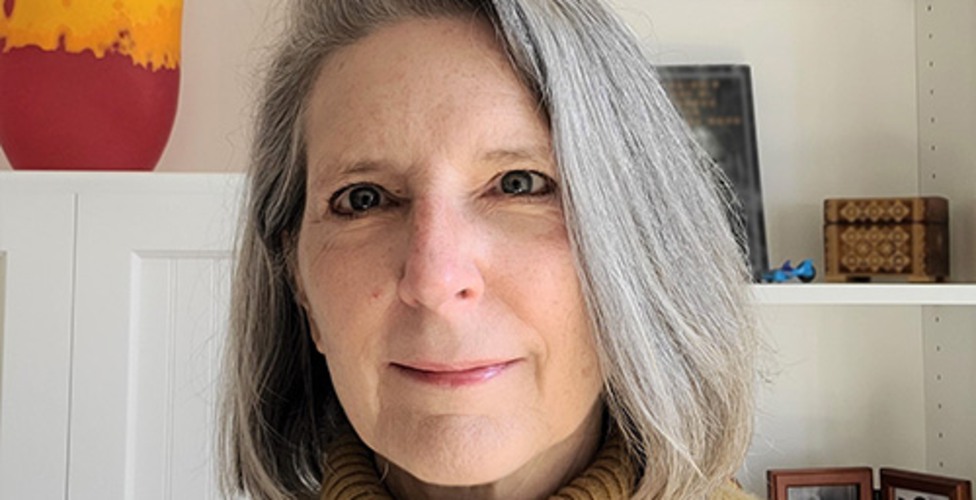Open Source in a changing world: How to sustain and accelerate business and societal impact while navigating contemporary challenges?

Vi har glädjen att presentera Pamela Chestek som talare på konferensen.
Presentation:
Open Source Software Ate the World – Will AI Eat Open Source Software? (Pamela Chestek, principal of Chestek Legal & Board member of, and Chair of, the Licensing Committee for the Open Source Initiative, the steward of the Open Source Definition)
Abstract:
In a short 25 years, Free and open source software went from a suspicious, fringe movement written by “freetards” to what is, today, the norm across all industries that use software – that is, all industries. FOSS has eaten the software world.
But is FOSS now facing a challenge that it won’t survive? Generative artificial intelligence is challenging the fundamental concepts of FOSS on several fronts. Free software developers have sued OpenAI and GitHub out of fear that the AI-based code generation tools will essentially remove the copyleft obligations from code it was trained on, undermining the promises of the copyleft ecosystem. Companies are subverting the meaning of “open source” by advertising their AI systems as open source when the system is impaired in ways that are not permitted by open source licenses, such as non-commercial restrictions. Full transparency, a fundamental requirement of FOSS, may not be feasible for AI systems, such as when the training data contains health data or personally identifiable information. As we transition to AI as a norm, will the promises of FOSS be lost? Is the FOSS heyday over?
Biography:
Pamela Chestek is the principal of Chestek Legal in Raleigh, North Carolina. She counsels creative communities on open source, brand, marketing and copyright matters. Prior to returning to private practice, she held in-house positions at footwear, apparel, and high technology companies. Pam is also on the Board of, and Chair of, the Licensing Committee for the Open Source Initiative, the steward of the Open Source Definition. She is a frequent author of scholarly articles, and her blog, Property, Intangible, provides analysis of current intellectual property case law.